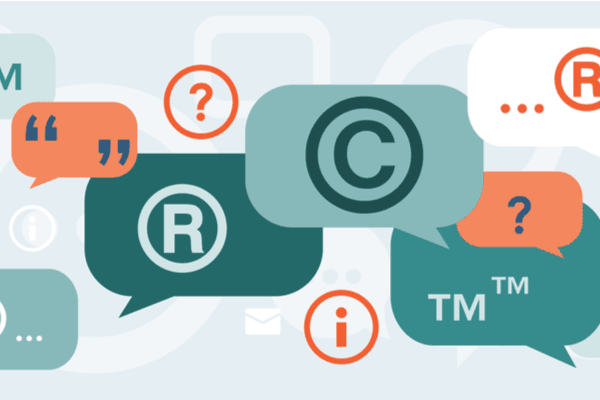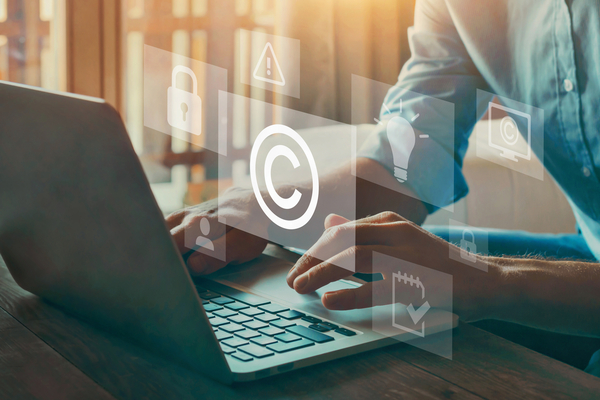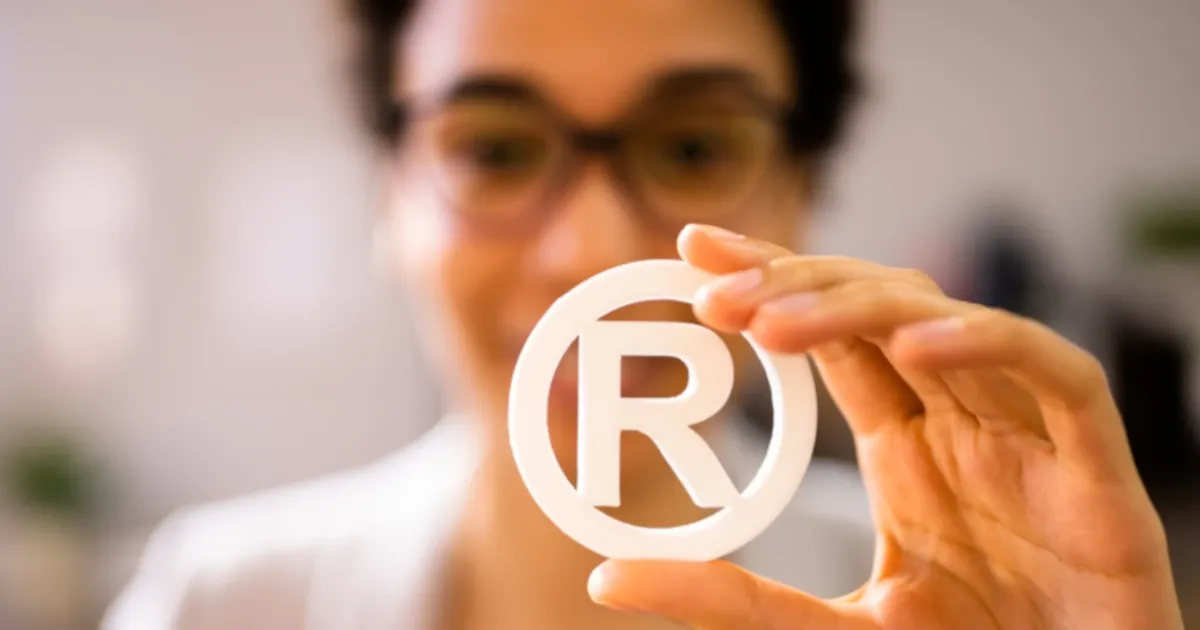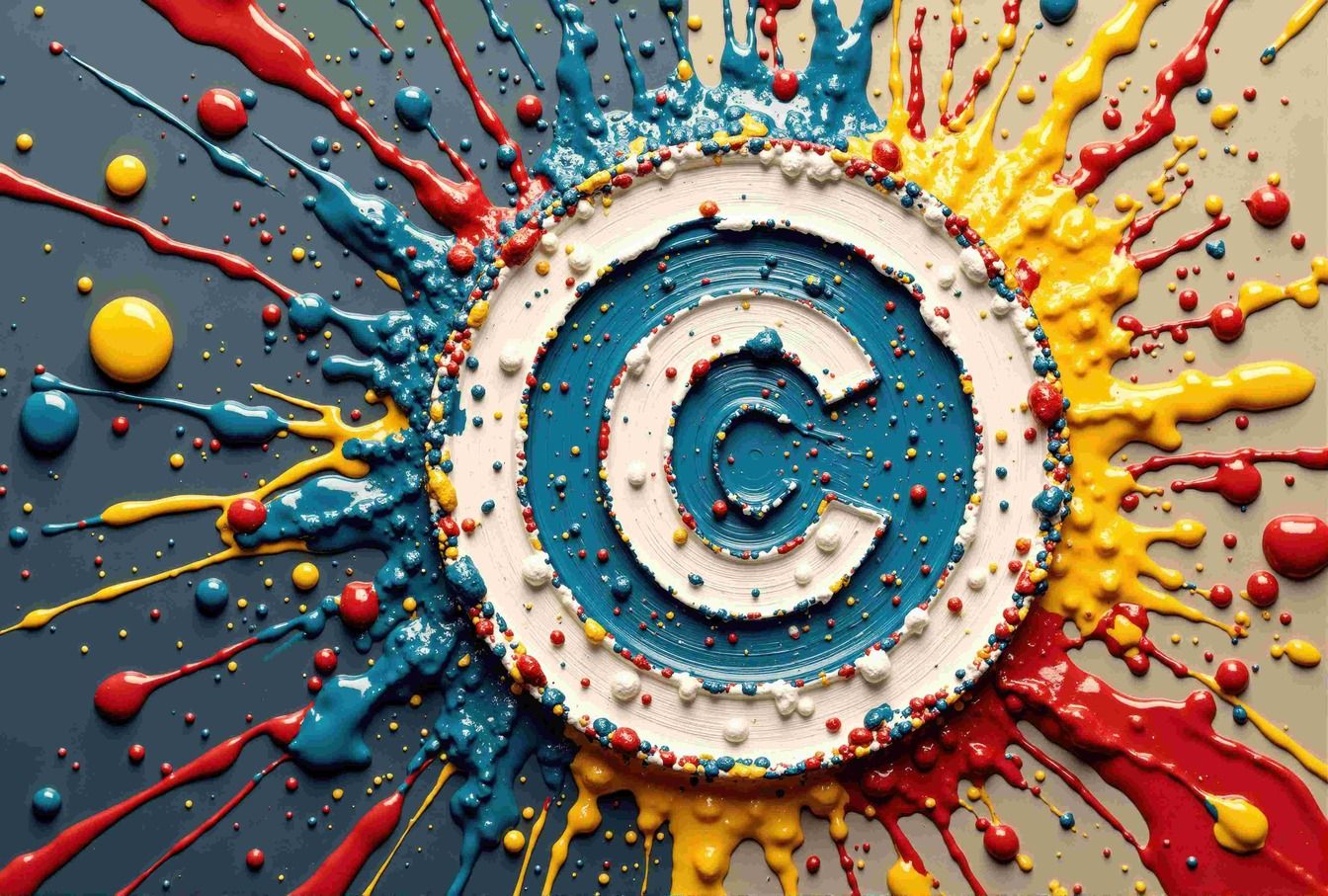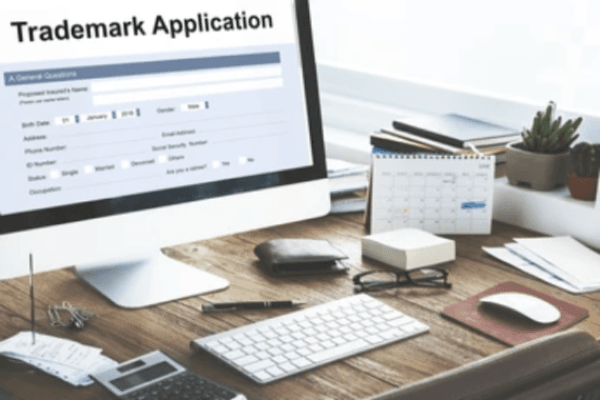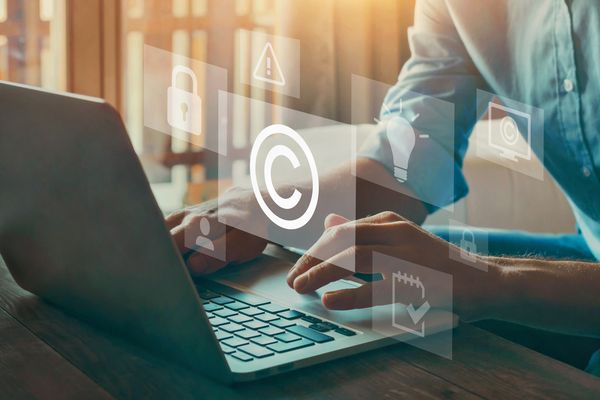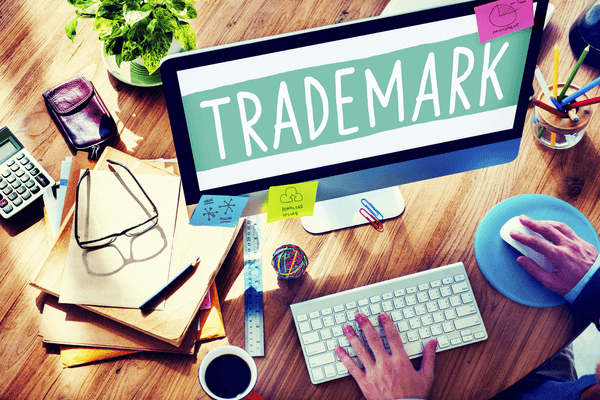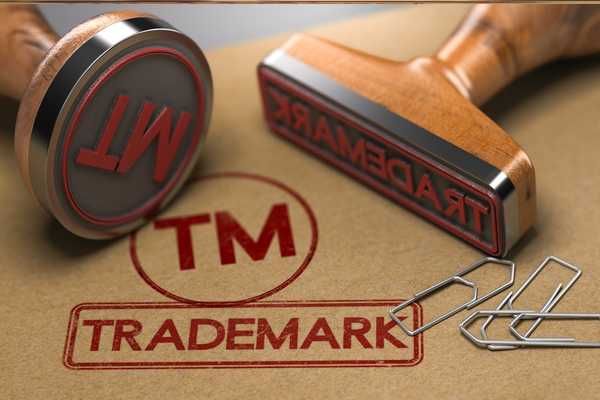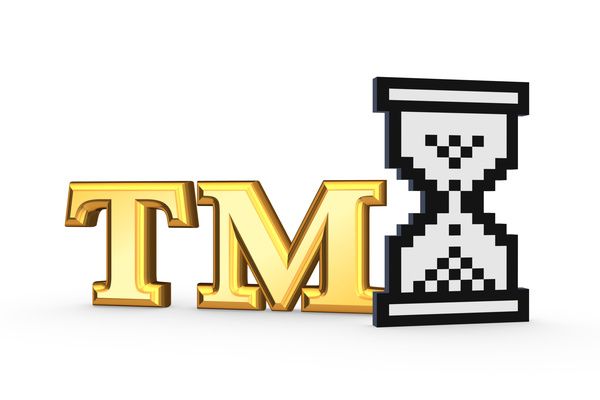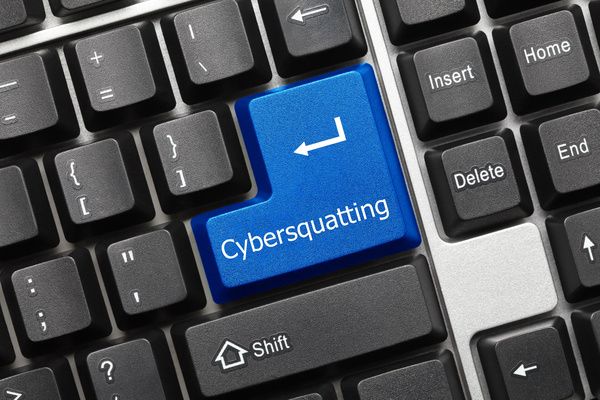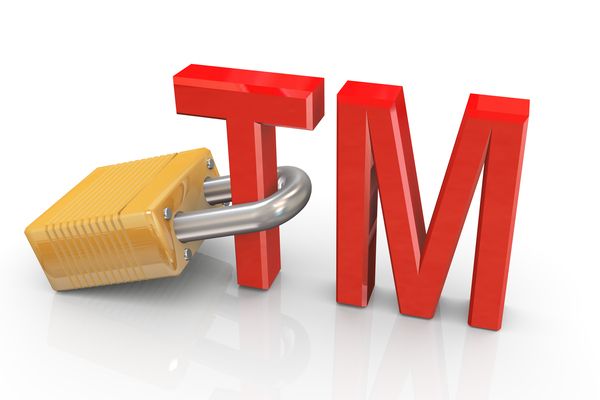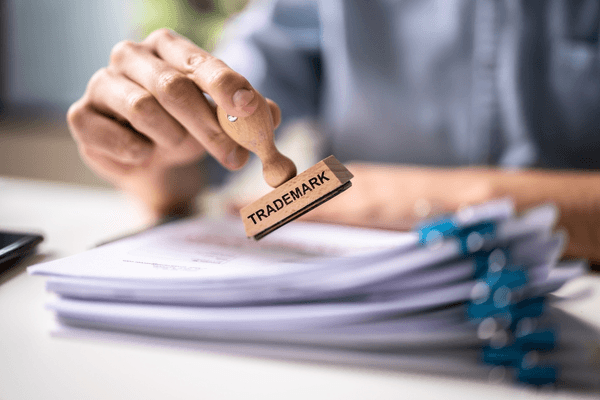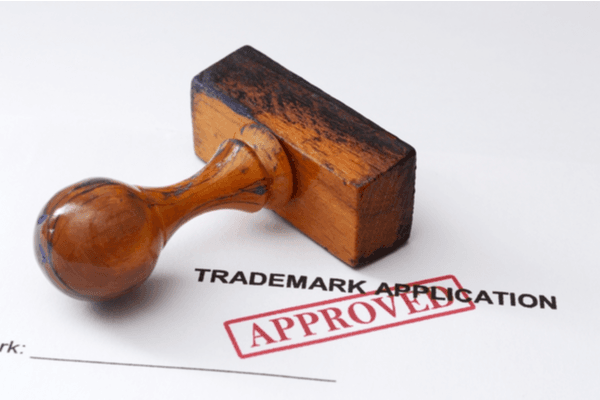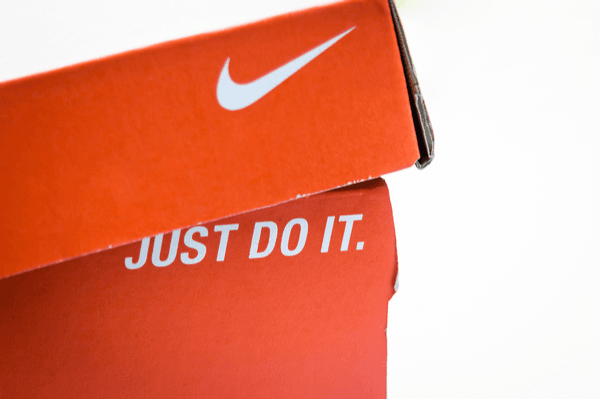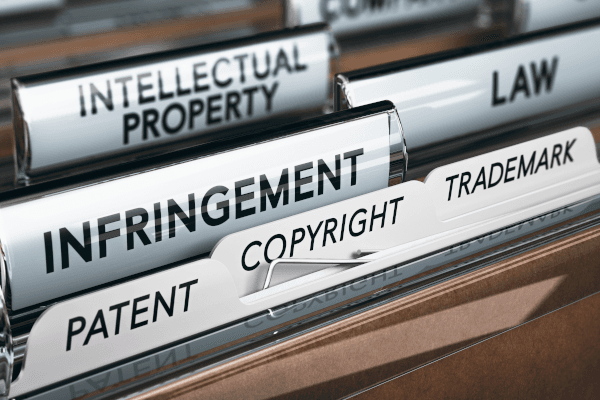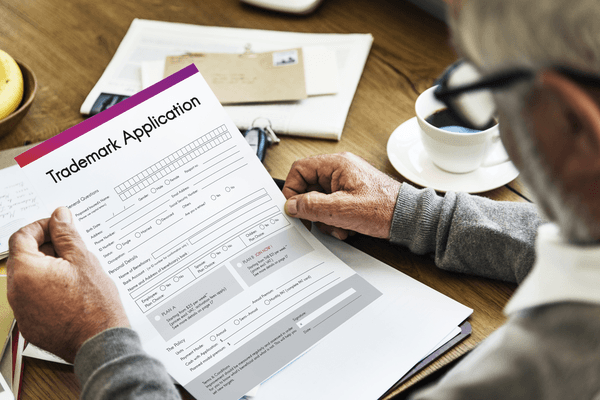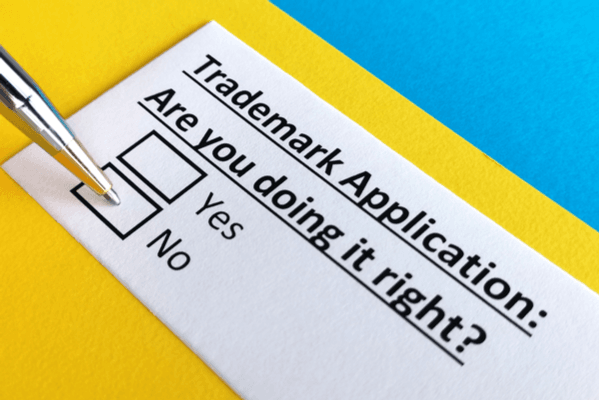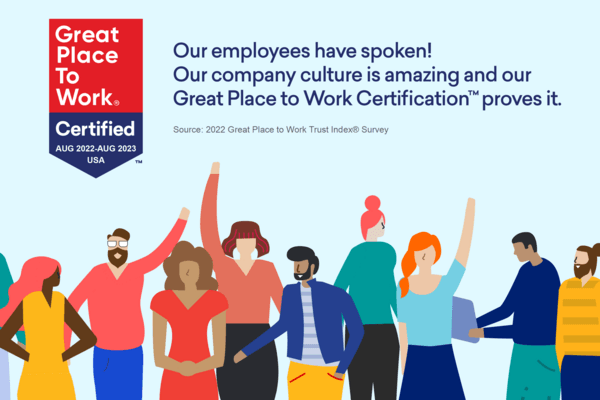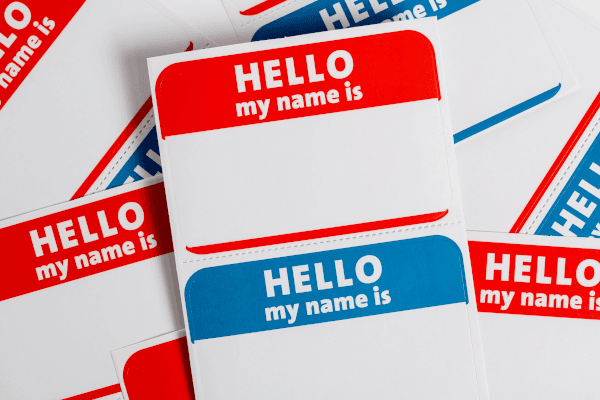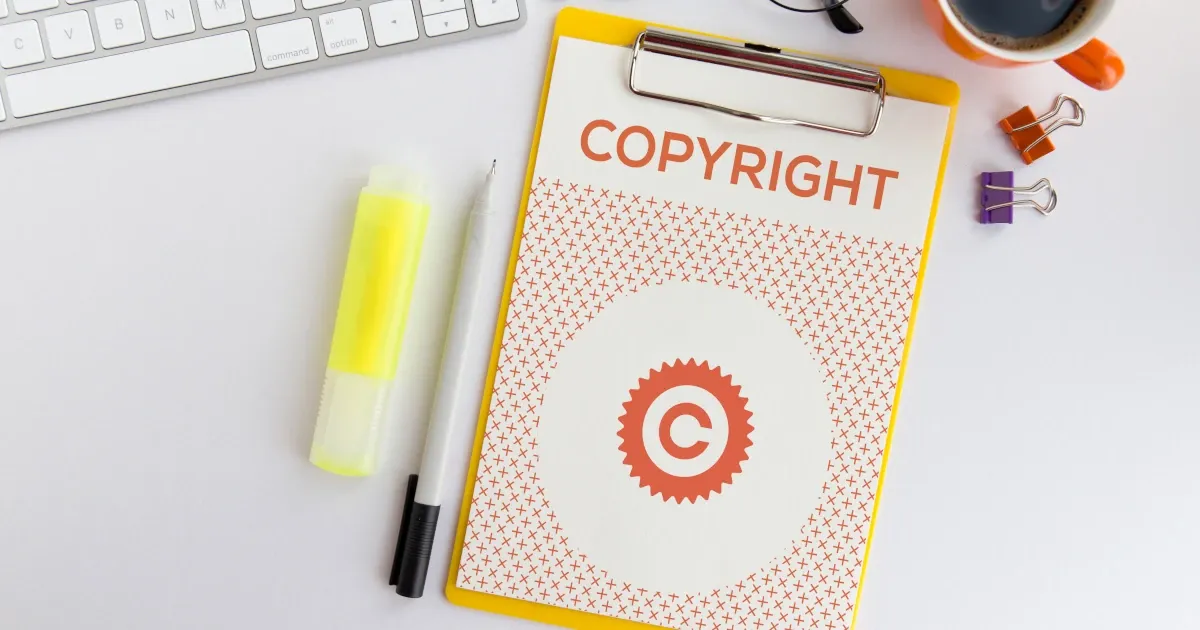
After creating a piece of intellectual property (IP), the first step is to take protective measures, such as a trademark or copyright. Your business’s IP is anything you’ve made that is unique and helps you stand out from the crowd. By protecting your IP, you ensure that nobody else can use it for their gain.
However, registering a trademark or copyright requires additional work, causing some people to choose to neglect the protective measures their businesses need. Some companies might think they don’t need a trademark or copyright at all.
To help you decide if you need one of these protective measures, we’ll discuss what trademarks and copyrights are, the benefits of each one, and how to get one if you choose to.
What Are Trademarks and Copyrights?
Trademarks and copyrights are protective measures you employ to ensure only you and those who have permission can use your work. Whether you have a trademark or copyright, you have protection against others using your property for monetary gain. They serve similar purposes, but each one applies to different types of IP.
Trademarks cover any distinctive logo, slogan, brand, or similar identifier that people associate with a business. Trademarks can apply to an entire class of products or services under a single business’s umbrella.
McDonald’s distinctive logo with golden arches is an excellent example of a trademark because customers immediately associate the image with the brand. Any other company that uses a similar logo violates McDonald’s trademark. McDonald’s also trademarks the “I’m Loving It” phrase used in some of their marketing.
Copyright applies to any tangible work you create and covers a wide range of creative works, such as books, music, films, and even unique lines of code in pieces of software. However, it only applies if the work is original and is available to the public via an accessible medium. A concept or idea for a product or service is not copyrightable.
Common-law copyright applies as soon as you make a piece of work available. Many choose to also register copyrights with the U.S. Copyright Office to receive federal-level protection.
Why Should You Get a Trademark?
Now that you know the differences between a trademark and copyright, here are the unique benefits that a trademark can offer.
Protects Your Assets
The logos, phrases, and identifiers you create are part of your company’s branding. They’re assets that you use to advertise and build awareness with an audience. When somebody else uses these identifiers, they’re using one of your assets to draw people towards their products or services instead.
A trademark allows you to take action against somebody who uses one of your brand identifiers. In most cases, you can raise a lawsuit against the offending party. A lawsuit can lead to the receipt of monetary damages and an injunction to prevent the offender from using your work again.
Reduces the Burden of Proof
An unregistered trademark has some protection under U.S. law. If a mark or phrase is synonymous with your brand, you can still sue somebody who uses it without a registered trademark. Unfortunately, the burden of proof is on your shoulders in this case. You need to demonstrate that you created the unique identifier before the other party began using it and that the identifier is part of your business.
By registering your trademark, you receive a document that offers definitive proof. This document is often all you need to demonstrate the offense when somebody infringes on your mark. Trademark registration reduces the burden of proof and the amount of time and money you’d spend on legal battles.
Prevents Other Companies From Registering the Logo or Phrase
If you don’t register your trademark, you open the door for another business to register it. You might be locked into your current geological region if somebody else registers a trademark on your logo or phrase. For example, let’s say you own a store called “Jake’s Crazy Cakes” in Houston, Texas and you don’t own a trademark.
If someone files a nationwide trademark for “Jacob’s Crazy Cakes,” you might be restricted from where you can open other stores. Even if you decide to trademark your store later, you won’t be able to prevent those who are already concurrently using it.
If you register your trademark as early as possible, you can prevent others from stealing them and avoid spending money on licenses or rebranding.
Builds on Your Trademark
Trademarks are business assets, which is a vital factor. For example, some business owners can use their registered trademark as leverage and ask for a higher price when selling their business. A buyer who knows they’re gaining ownership of recognizable brand identifiers is typically willing to pay more, and trademarks show that the seller has taken steps to protect the company’s interests.
Trademarks can also be essential for businesses turning into a franchise. Several fast food outlets, including McDonald’s and Kentucky Fried Chicken, operate under the franchise model. While the overriding company maintains ownership of the trademarks, they license them out to franchisees. The franchise then benefits from a consistent flow of income, control over how the franchisee operates, and access to unique brand identifiers.
Adds a Professional Image
You can add the ® symbol to your logos and phrases if you own a registered trademark. On the surface, this mark indicates that the work is trademarked and no one else can use it. But from a marketing perspective, the symbol showcases that the business has a level of professionalism that others may not have.
The presence of the ® legitimizes your business in the eyes of consumers. This legitimacy creates trust and makes it more likely that a consumer will buy from you.
Why Should You Copyright Your Work?
It’s clear that trademarks are vital for asset protection and to ensure that nobody else can profit from your work. Still, you can’t register a trademark for more substantial work, such as a book, film, or music piece. In these cases, you can apply for registered copyright.
Common-law copyright protects all created works released on tangible platforms. Still, there are several reasons why you might take a step further and register the copyright with the U.S. Copyright Office.
Enhanced Protection
As with trademarks, the burden of proof rests on you when you bring legal action against somebody who uses your unregistered copyrighted material. You have common-law copyright, but you must still show that you created the original piece and have not allowed the offending party to use it.
Registered copyright removes this burden of proof. Anyone can check who owns the copyright to a piece with the U.S. Copyright Office. If someone chooses to infringe on the copyright anyway, the author has an easy way to demonstrate ownership of the work.
The punishments for copyright theft can be extremely severe. For example, somebody who copies a movie to distribute it without the copyright owner’s consent can face up to 5 years in federal prison and a fine of up to $250,000. As such, the enhanced protection that comes from registering a copyright can also act as a deterrent.
Preventing Future Challenges
Registering copyright provides a valid and provable claim to your work and prevents other people from laying claim to it through fraudulent means. Anybody who wants to use the work will see that it’s within the U.S. Copyright Office catalog, and they won’t be able to challenge your ownership.
Similarly, somebody could challenge your ownership if they create and copyright a similar piece of work. Since they have registered copyright, you’d have to go even further out of your way to prove you did not steal their work.
If you fail to copyright the work within five years of publishing it, you can run into some challenges. Common-law copyright assumes you can prove you were the original creator. Registered copyright allows you to validate your ownership at any time and avoid this problem.
Freedom to Explore Licensing Options
The owner of a copyrighted piece determines how it gets used. You can choose to publish the piece on a specific medium or set terms of use for others to license it. It’s all up to the owner.
For example, let’s assume you’ve created a piece of music. Somebody wishes to use that music in a film or video. You decide whether they’re allowed to or not as the copyright owner. If you decide they can, you can set the terms for how much the other party pays to gain a license to use your work. You’re still in control of what happens to the music even if this leads to negotiations. If you’re not happy with the terms presented, you can say no, and the other party can’t use your piece.
Maintaining Your Company’s Uniqueness
As with trademarks, your copyrighted materials are all business assets. Every article you write, video you film, or piece of music you compose is unique to your company. You prevent other people from benefiting from these assets when you register copyrights.
Registered copyright can be helpful in sale negotiations. If you have a list of copyrighted materials, you can show a buyer that you’ve protected your business and offer them valuable assets they can build on.
Copyright also shows consumers and other businesses that you’re serious about protecting what you’ve created. This professionalism leads to more respect and, potentially, higher revenue generated from customers who engage with your copyrighted content.
Protect Your Creations
Whether you get a trademark or copyright, you’re protecting your company’s interests. Both offer legal recourse when somebody uses your created materials to benefit themselves. Trademarks and copyrights also help you define and cement your assets, which helps maintain your company’s uniqueness and makes potential buyers feel more secure in their purchases.
If you’re interested in applying for a trademark or copyright, Trademark Engine offers several services that take all of the hard work out of the registration process. With our help, you gain access to protection while ensuring you get to spend all of your time on building your business. To learn more, check out our trademark and copyright services to find out if we can help you.
Trademark Engine is not a law firm and none of the information on this website constitutes or is intended to convey legal advice. General information about the law is not the same as advice about the application of the law in a particular factual or legal situation. Individual facts and circumstances as well as legal principles including but not limited to the ones referenced on this website can affect the outcome of any given situation.
Trademark Engine cannot and does not guarantee that an application will be approved by the USPTO, that a mark will be protected from infringement under common US trademark law, or that any ensuing litigation or dispute will lead to a favorable outcome. If you want or have an interest in obtaining legal advice with respect to a specific situation or set of circumstances, you should consult with the lawyer of your choice.
Trademarket Blog
Everything you need to know about starting your business.
Each and every one of our customers is assigned a personal Business Specialist. You have their direct phone number and email. Have questions? Just call your personal Business Specialist. No need to wait in a pool of phone calls.
